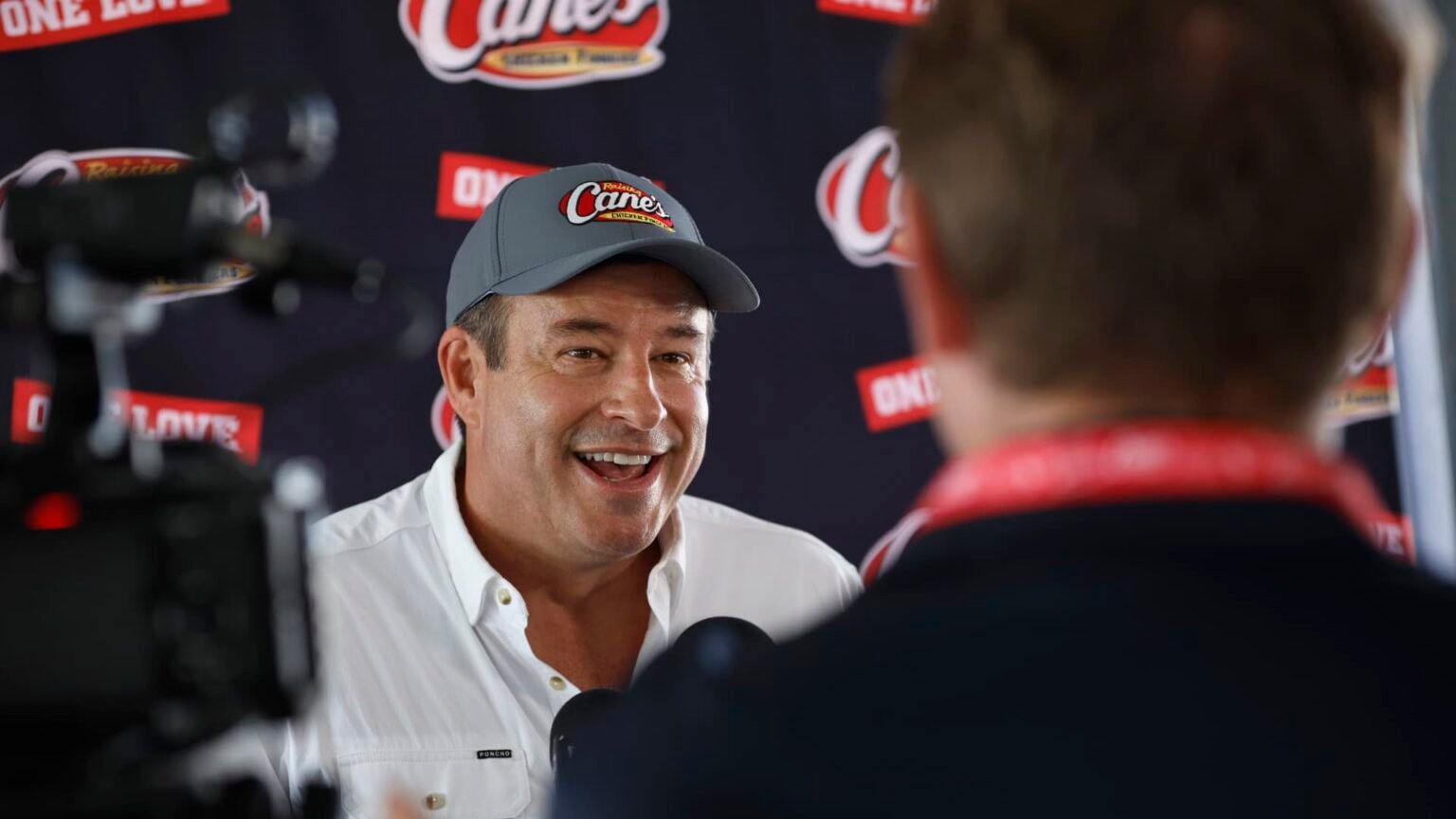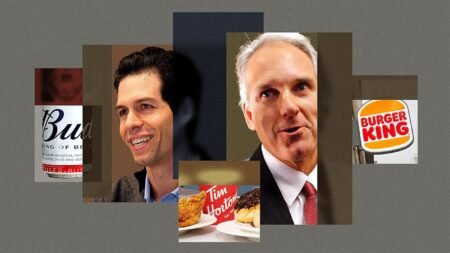Todd Graves’ high-risk funding strategy for Raising Cane’s Chicken Fingers paid off in the long run, but it was a risky gamble that almost cost him his dream. Starting with over 90% ownership stake in the company, Graves had to work long hours in an oil refinery and fish for salmon in Alaska just to raise the capital needed to open the first restaurant. He took out loans with private investors at a high interest rate to secure even larger loans from community banks, a decision that almost led to the business collapsing when Hurricane Katrina shut down the majority of his stores in Baton Rouge in 2005. Graves admits it was a foolish move and cautions other entrepreneurs against taking on too much debt.
Despite the initial risk, Raising Cane’s survived and thrived, eventually generating $3.7 billion in net sales last year. Graves now ensures that the company maintains a debt-to-ownership ratio of less than three dollars for every dollar it owns, a standard practice in the industry. Bryan Bean, executive vice president of corporate banking at Pinnacle Financial Partners, notes that many businesses with high debt loads do not make it in the long run, making Graves’ success all the more impressive. Leverage ratios above three are considered extremely risky, and individuals should be cautious about taking on too much personal debt as well.
Taking out loans can be beneficial for company growth, as evidenced by Warren Buffett’s partner Charlie Munger’s belief that Berkshire Hathaway would be worth double if it had used leverage. Graves’ decision to raise money through debt rather than additional investors allowed him to maintain control of Raising Cane’s and ultimately succeed. However, the risk of heavily leveraged companies lies in their ability to recover from unexpected events like natural disasters. Graves learned his lesson after Hurricane Katrina nearly destroyed his business, acknowledging that his youthful ignorance played a role in the ordeal.
Graves’ ability to turn a potentially disastrous situation into a thriving business is a testament to his resilience and entrepreneurial spirit. He admits that his risky move of taking on significant debt was a mistake driven by his inexperience, but he has learned from the experience. His success story serves as a valuable lesson for other business owners about the importance of balancing risk and ensuring financial stability. By maintaining a conservative debt-to-ownership ratio and making strategic business decisions, Graves was able to overcome challenges and build a successful company.
For individuals looking to advance in their careers, CNBC offers an online course on negotiating higher salaries, providing valuable insights on preparing for negotiations, building confidence, and crafting counteroffers. Learning from successful entrepreneurs like Todd Graves can inspire individuals to take calculated risks and pursue their goals with determination. By staying informed and seeking opportunities for growth, individuals can achieve success in their careers and financial well-being. Subscribe to CNBC Make It’s newsletter for more tips on achieving success in the workplace, managing money, and living a fulfilling life.











